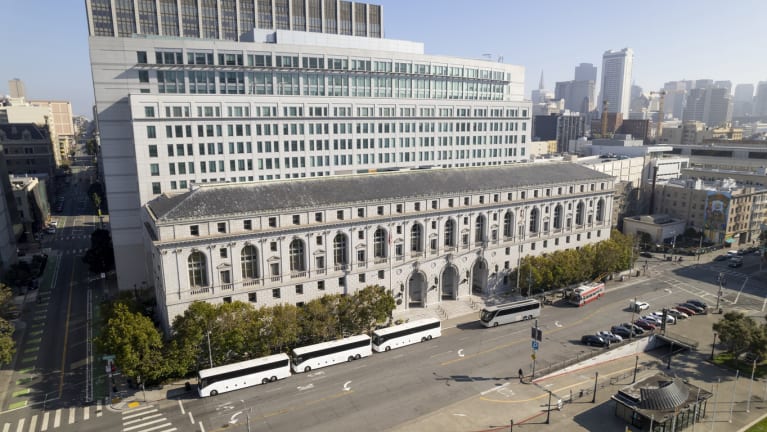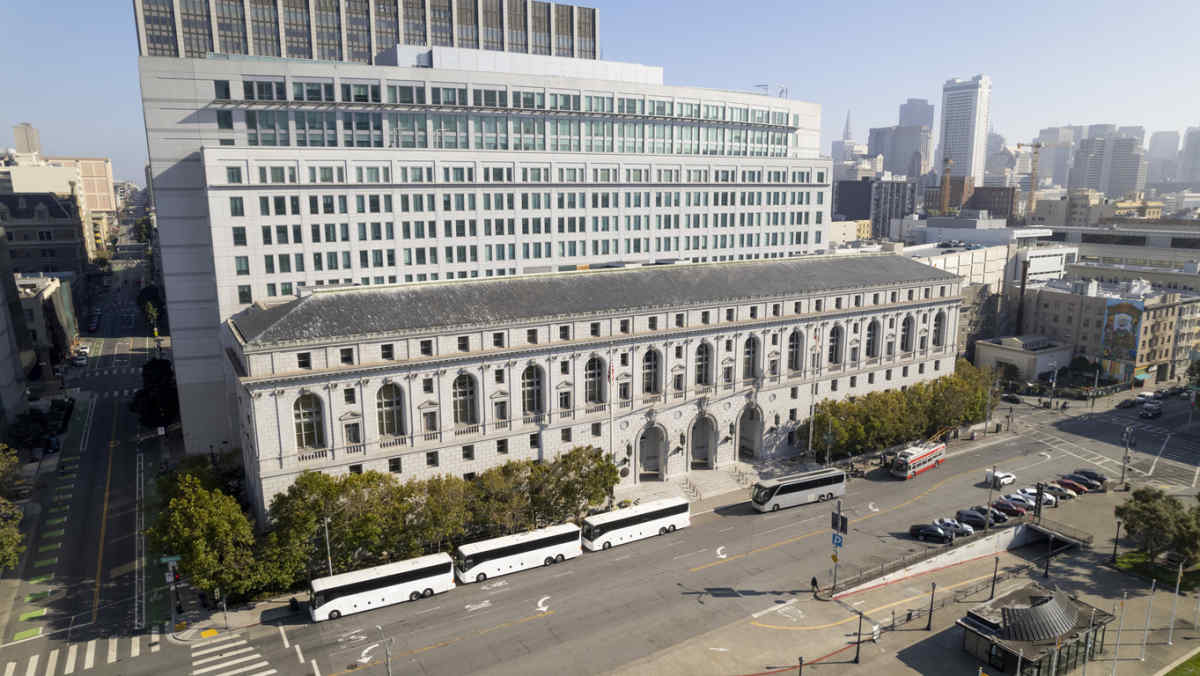

?California’s Private Attorneys General Act (PAGA) gives employees the right to prosecute lawsuits against their employers for alleged violations of the California Labor Code. Employees can maintain claims not only their own behalf, but also on behalf of other employees.
Even the most law-abiding employers run the risk of substantial penalty judgments in the event they are found to have violated provisions of the Labor Code. The last few years have seen a cascade of PAGA litigation, leading courts to provide guidance on some questions. But many questions remain. As we enter 2023, the Supreme Court of California is set to rule in three PAGA cases that may have substantial implications for employers.
The three questions the court will address are:
- Will employees who have executed arbitration agreements with PAGA representative waivers be permitted to prosecute claims of other alleged aggrieved employees?
- Will employers be permitted to assert that some PAGA claims are unmanageable and therefore cannot proceed on a representative basis?
- How will employers settle a PAGA case where there’s a concurrent PAGA case with overlapping claims?
PAGA Arbitration Waivers
The U.S. Supreme Court issued the Viking River decision in June 2022, widely seen as a victory for employers. It provides that employers can enforce arbitration agreements in California that require employees to arbitrate individual PAGA claims.
The court also held that once the employee’s individual claims under PAGA are compelled to arbitration, under California law, the employee would not have standing to bring a representative claim under PAGA on behalf of other employees.
Although Viking River is unquestionably favorable to employers, it left open a number of questions. One critical question is that of standing – specifically, whether an employee compelled to arbitrate their individual PAGA claims loses standing under California law to pursue representative claims on behalf of other employees. Although Viking River concluded that the employee lost standing to assert the representative PAGA claim once their individual PAGA claim was compelled to arbitration, the court made clear that the question of standing is one for the California legislature to decide.
But rather than wait for the California legislature to weigh in, the Supreme Court of California appears poised to address the issue. In Adolph v. Uber Technologies, the court is set to decide whether an employee who has been compelled to arbitrate claims under PAGA that are premised on Labor Code violations actually sustained by the employee maintains statutory standing to pursue PAGA claims arising out of events involving other employees in court.
How the court decides this issue will likely have a substantial impact on PAGA litigation. A decision holding that the employee maintains standing to bring PAGA representative actions on behalf of other employees is likely to render Viking River inconsequential to employers.
By contrast, a decision holding that the employee has no such standing is likely to help reduce PAGA litigation and give employers a tool – in the form of arbitration agreements – to combat PAGA litigation.
Will Manageability Remain a Viable Defense?
A defense that employers commonly assert in PAGA cases is that it would be unmanageable to allow for prosecution of the claims on a large-scale, representative basis. For example, where individualized questions predominate – such as whether employees were interrupted during their meal periods, or whether employees were prevented from taking their rest breaks – the employer may defend on the ground that it would be unmanageable to allow the case to proceed on behalf of employees other than the named plaintiffs.
The employer’s argument is that it would require individualized proof that each employee was, for example, interrupted during meal breaks. Where there are a significant number of employees, each with unique factual circumstances regarding their own claims, this would result in an extensive amount of evidence at trial, resulting in chaotic case administration. In such circumstances, the employer could argue that the unique nature of the individualized claims would render unmanageable representative-wide prosecution of the PAGA claim.
The California Courts of Appeal that have addressed this issue have reached conflicting conclusions.
In 2021’s Wesson v. Staples the Office Superstore, the Court of Appeal for the Second District held that “courts have inherent authority to ensure that a PAGA claim will be manageable at trial, including the power to strike the claim, if necessary, and that this authority is not inconsistent with PAGA’s procedures and objectives, or with applicable precedent.”
By contrast, in 2022’s Estrada v. Royalty Carpet Mills, the Court of Appeal for the Fourth District held that dismissal of a PAGA claim based on manageability would effectively impose a “class-action requirement” on PAGA claims that that would interfere with PAGA’s purpose as a law enforcement mechanism. Consequently, the Estrada court held that “a court cannot strike a PAGA claim based on manageability.” The Estrada court opined that trial courts are not powerless to manage unwieldy PAGA claims. Trial courts can limit the evidence presented and weigh the limited evidence in determining the amount of penalties to award.
The Supreme Court of California granted review to address whether trial courts have inherent authority to ensure that claims under the PAGA will be manageable at trial, and to strike or narrow such claims if they cannot be managed. How the court answers this question may determine whether the manageability defense remains viable for employers going forward.
How Will Employers Resolve Concurrent PAGA Cases?
Employers sometimes find themselves simultaneously defending two or more PAGA cases brought by different employees. Often, the claims are the same among the cases, and the representative class of employees and the time period might overlap. In such circumstances, the employer may wish to resolve one of the PAGA cases and extinguish the claims being asserted not only in that case, but also in any concurrently litigated cases.
But what happens when the plaintiff in the non-settled case takes exception to the settlement in the other case? This is another question over which the Courts of Appeal are divided.
In Uribe v. Crown Building Maintenance Co., the employer had been defending against two concurrent PAGA cases in two different jurisdictions, brought by two different employees. Both cases claimed the employer failed to reimburse certain business expenses. After the employer settled with the plaintiff in the later filed of the two cases, the plaintiff in the first-filed case sought to intervene and object to the settlement.
The Court of Appeal for the Fourth District held in 2021 that the plaintiff in the first-filed lawsuit – who was not a party to the second, settled case – had a pecuniary interest in preserving her own PAGA case that gave her the right to intervene in the settled case and object to the settlement.
By contrast, in 2021’s Turrieta v. Lyft, Lyft had been defending against three concurrent PAGA cases. It reached a settlement with the plaintiff, Turrieta, who had filed the last of the three cases. The settlement was to cover claims, alleged aggrieved employees, and a period of time that would have effectively extinguished the PAGA claims of the two plaintiffs in the other cases.
The Court of Appeal for the Second District examined what rights the two objecting plaintiffs had to intervene in the proposed settlement of the Turrieta case. The Court of Appeal held that the two plaintiff’s status in separate PAGA actions did not confer standing to move to vacate the trial court’s judgment or to challenge the judgment on appeal in the Turrieta case.
The Supreme Court of California granted review in the Turrieta case to decide whether a plaintiff in a representative PAGA lawsuit has the right to intervene, object to or move to vacate a judgment in a related action. How the court answers this question may have a substantial impact on how employers litigate or attempt to resolve PAGA cases where there is pending, concurrent litigation.
With these PAGA cases on its docket for 2023, the Supreme Court of California clearly recognizes the importance of weighing in on these significant legal issues. What remains to be seen, however, is whether the court’s decisions serve to clarify unanswered questions of law, or merely give rise to additional questions.
Philip J. Azzara is an attorney with Fisher Phillips in Irvine, Calif. © 2023. All rights reserved. Reprinted with permission.
